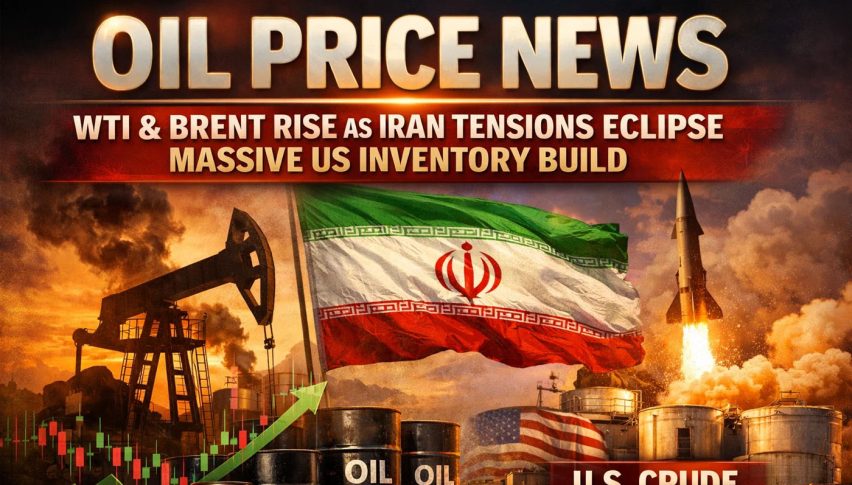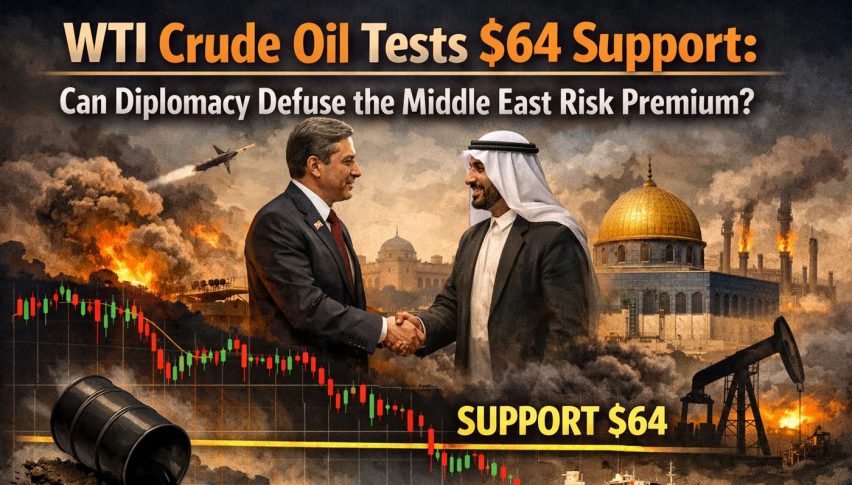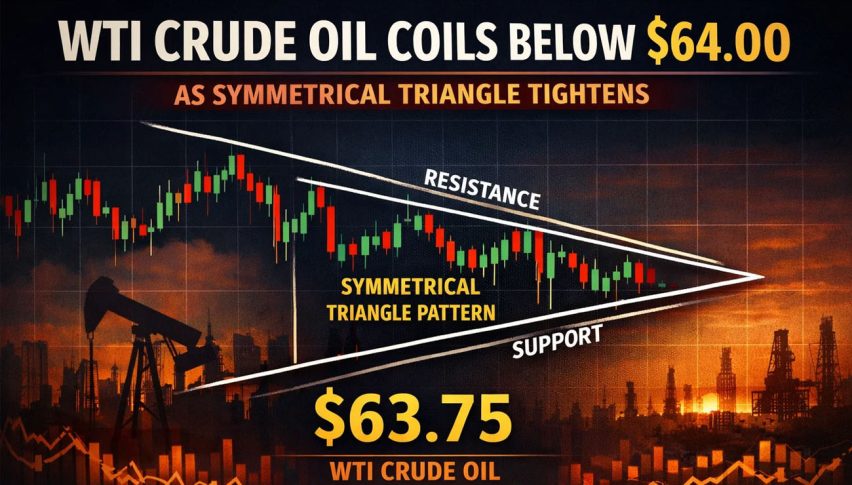OPEC+ Agrees to Ramp Up Crude Oil Supply
OPEC+ reached a principled agreement to boost production again next month as the group shifts its policy from defending prices to gaining market share.
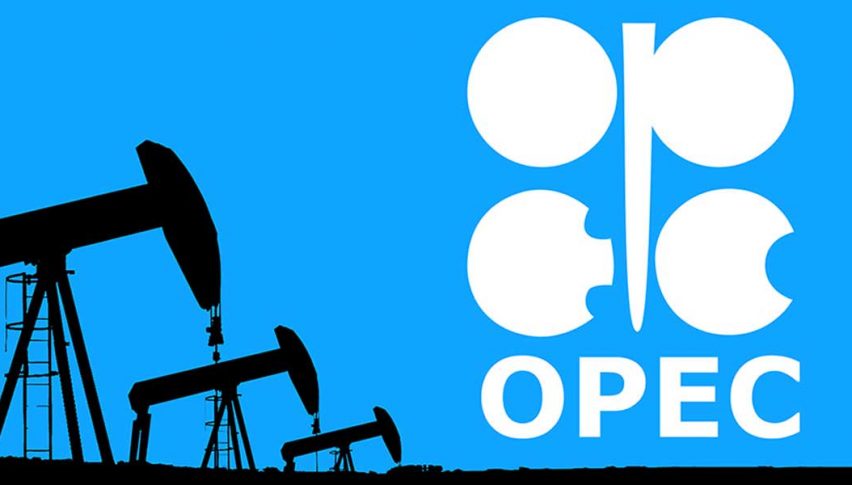
Quick overview
- OPEC+ has agreed to increase oil production by 137,000 barrels next month as it shifts focus from price defense to market share.
- The group plans to resume previously halted reductions of 1.66 million barrels per day starting in October.
- This change in strategy comes amid a drop in crude prices and is influenced by external pressures, including US trade policies.
- Despite the announced increase, actual production may be lower due to varying capacities and pressures among member countries.
OPEC+ reached a principled agreement to boost production again next month as the group shifts its policy from defending prices to gaining market share.
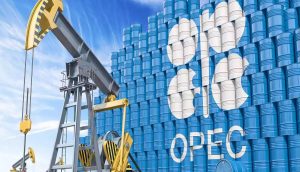
Key alliance members said in a video call on Sunday that they expect to approve an increase by 137,000 barrels as the group led by Saudi Arabia and Russia begins to unwind the next phase of halted supplies.
The reductions of 1.66 million barrels per day, which were set to last until the end of 2026, will start to resume in October with an increase. Some representatives said discussions are still ongoing.
The upcoming increase would reinforce the Organization of the Petroleum Exporting Countries and its allies’ significant change in direction. In recent months, the group surprised oil markets by restarting 2.2 million barrels of halted production a full year after predictions of a slowdown, in an effort to regain market share.
Demand has been affected by US President Donald Trump’s trade war, and increased supply from OPEC+ + nations and other sources has caused crude prices to drop 12% this year. Nonetheless, the market has shown surprising resilience to the alliance’s new approach, encouraging Saudi Arabia and its allies to return even more barrels.
Trump has often called for lower oil prices to control inflation and to pressure Russia to end its war against Ukraine, so further accelerating production increases is likely to please him. In November, Saudi Arabia’s Crown Prince Mohammed bin Salman is scheduled to visit Washington to meet the US president.
However, because some members face pressure to compensate for earlier oversupply, forgo their share of production hikes, and because several countries lack spare capacity, the actual volume will likely be lower than announced. Member countries that rely on higher prices will face greater pressure from this move, especially those unable to increase production.
- Check out our free forex signals
- Follow the top economic events on FX Leaders economic calendar
- Trade better, discover more Forex Trading Strategies
- Open a FREE Trading Account
- Read our latest reviews on: Avatrade, Exness, HFM and XM
